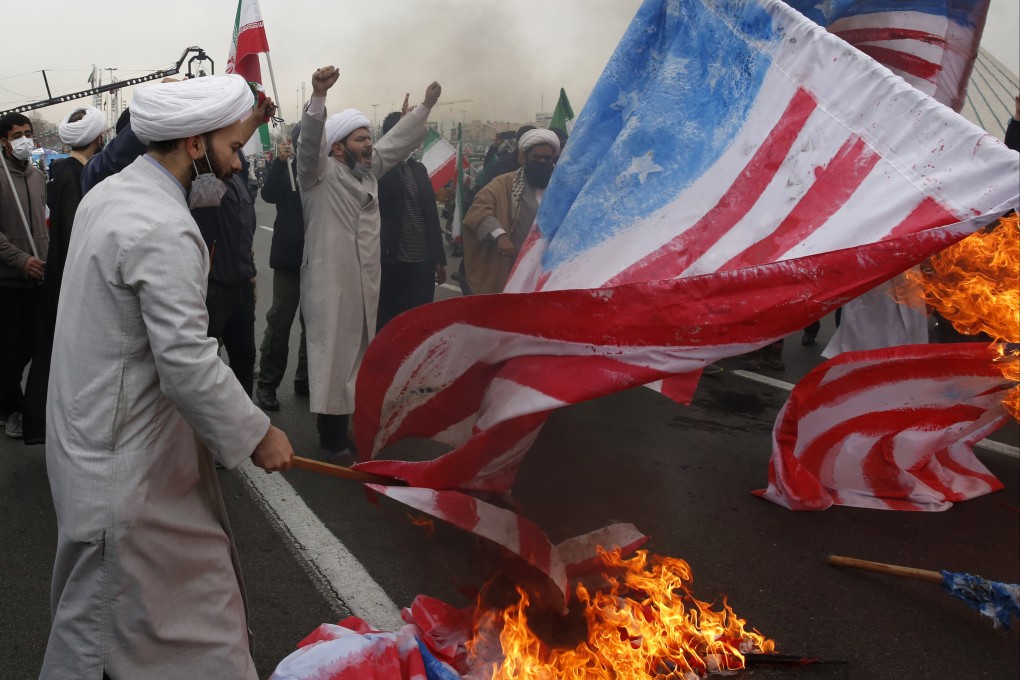Editorial | Iran nuclear deal rests on ending animosity
- China, Russia and their European partners have brought Washington and Tehran to the brink of an agreement that would help calm tensions in the Middle East

An eighth round of talks in Vienna to save the Iran nuclear deal is at a pivotal point, with a breakthrough close but the risk of a breakdown equally near.
At a time of mounting geopolitical pressure centred on big power rivalry over Ukraine and Taiwan among a growing roster of issues, revival of the pact would be welcome for a Covid-weary world.
China, Russia and their European partners have brought Washington and Tehran to the brink of an agreement that would help calm tensions in the Middle East. Flexibility and compromise are now essential if an accord is to be attained.
A narrow window of opportunity exists, put at risk by potential conflict over Ukraine with military movements by the United States, other Nato countries and Russia threatening to divert attention.
Washington last week made a concession, promising Chinese, Russian and European firms could be given waivers from sanctions to enable involvement in some civilian nuclear activities in Iran. Tehran has so far not budged on its position that all penalties have to be scrapped before it signs a deal.

